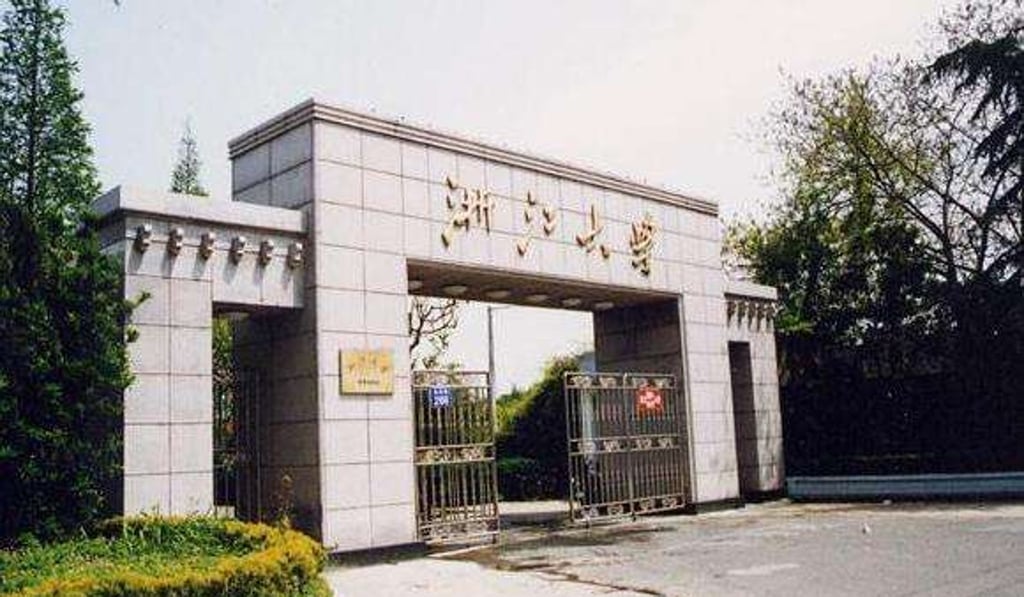Chinese universities encourage professors, students to post online content that promotes ‘socialist values’
Content that influences public opinion with ‘correct thinking and culture’ given same weight as academic papers

China’s top universities are encouraging academics and students to write online articles promoting socialist values, with some offering authors the same academic credits they would get for papers published in journals.
The policy, which follows calls made by President Xi Jinping late last year for academics to become advocates of socialist values and firm supporters of Communist Party rule, has upset some people in the world of academia.
According to a notice issued this month by Zhejiang University, content that is widely circulated online, that shows “core socialist values” and influences public opinion with “correct thinking and culture” now carries the same weight as an academic paper – whether it is in the form of an essay, video or animation.

Content that is posted on the websites and social media platforms of party mouthpieces such as People’s Daily and Xinhua would receive the most credits, the notice said.
“Many professors object to it, saying they do not want to be used for politics,” a PhD student at the university told the South China Morning Post.